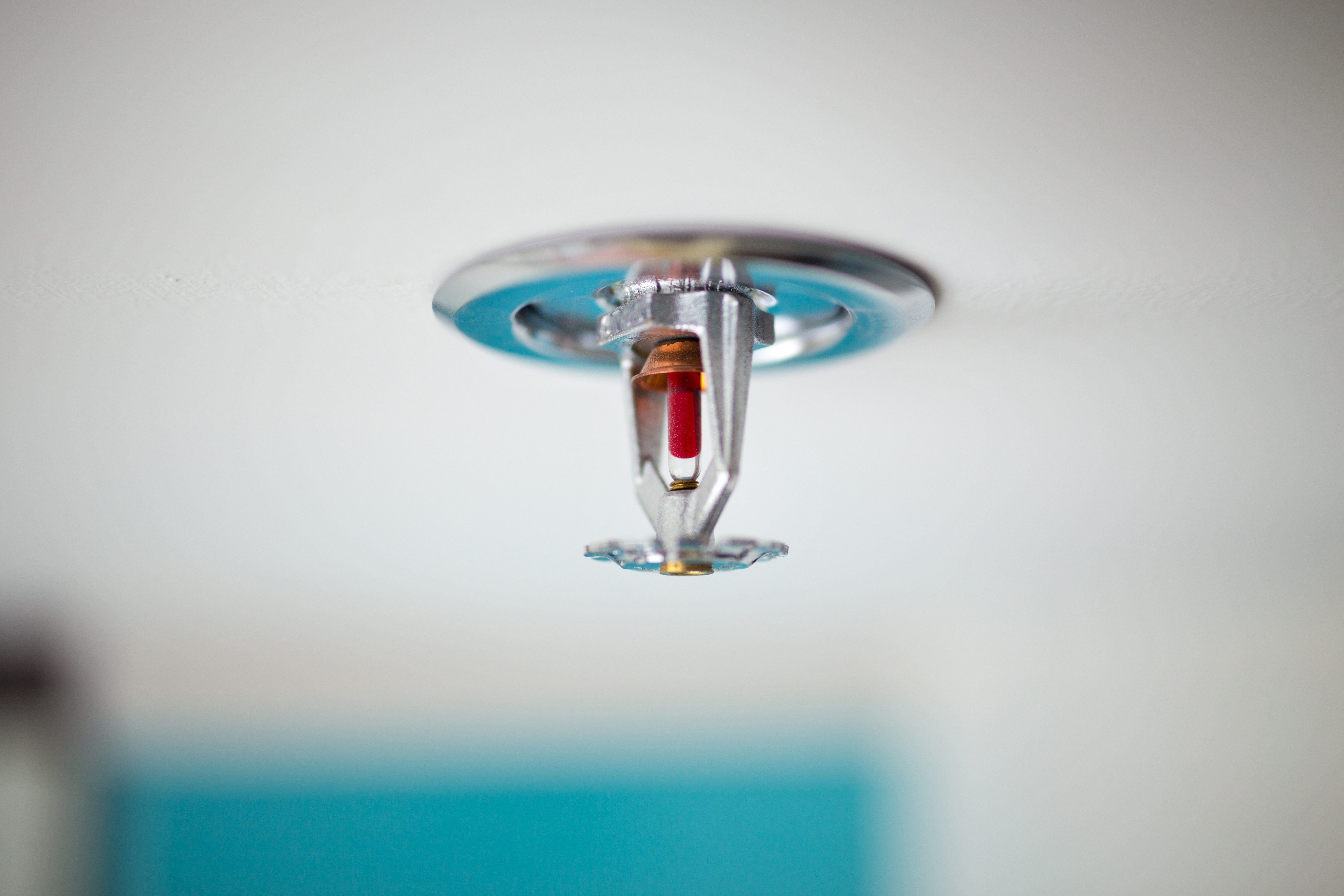Q: Our condominium documents require owners to maintain windows. The board wants to encourage (or even force) owners to install impact glass. Can the board dictate the type of new windows that have to be installed? Also, why does the law require the board to adopt “hurricane shutter specifications” when the modern trend is impact glass? Can’t the board just ban shutters and require impact glass? (R.W. via email)
A: You need to start with the understanding that many declarations of condominium define windows as “common elements” (as opposed to part of the “unit”). Although many declarations in Southwest Florida require unit owners to maintain, repair and replace windows, that is not uniform, and windows are the responsibility of the association in many condominiums.
Prior to Hurricane Andrew (which struck in 1992), there was case law which held that associations could stop owners from putting up hurricane shutters for aesthetic reasons. After Andrew, the Legislature decided that associations should not be able to prevent owners from “protecting themselves.” The “shutter law” came into effect in the early 90’s, and still exists today. I don’t know if it will ever be changed, but under current law, even a condominium association that has impact windows would need to let an owner put up hurricane shutters.
The statute requires every board to adopt hurricane shutter specifications that comply with the building code, which is kind of ridiculous since a board is not going to be able to calculate wind loads and similar technical requirements. Presumably, the applicable government agency will not issue a permit unless the installation meets current code. Many hurricane shutter specifications primarily focus on aesthetics, such as color and location. Some associations also specify requirements like what kind of screws have to be used, how the building envelope is pierced, and the like. This is a good idea for obvious reasons, but does require assistance from an engineer.
After the 2004-2005 hurricanes, this section of the law was amended again (several times). By this time, impact glass had supplanted shutters as the more common method of hurricane protection. The current law (or at least my interpretation of it) allows the board to install impact glass or other “hurricane protection” on any openings the association is required by the declaration to maintain, repair or replace (not to be confused with insurance, the association generally insures all originally-installed glass). The cost is shared by the owners in the manner assessments are shared generally.
For openings that the unit owner is obligated by the declaration to maintain, repair or replace, the statute allows the board to install hurricane protection upon approval of a majority of the entire voting interests in the condominium. The cost is passed on based on actual cost, rather than in the manner common expense assessments are generally shared. Owners who have already installed that kind of protection receive a “credit.”
I have also seen associations require owners to install impact glass by a certain date (rather than the association doing it as contemplated by the statute) through an amendment to the declaration. Although this approach is not mentioned in statute, there is at least one “declaratory statement,” although issued under a previous version of the statute, which suggests this is also an acceptable approach.
As far as creating a specification for what kind of windows an owner would have to use when they replace their current windows voluntarily, some (but certainly not all) documents give the board ample authority on that score.
There are many twists and turns that go along with this issue, including the law’s retroactive application, ambiguities regarding the calculation of credits, the scope of a board’s authority in specifying window replacement specifications, and situations which may trigger owner voting requirements. Also, the means of financing will be subject to the provisions of the condominium documents. So don’t try this at home – have your association attorney assist with review and implementation.
Joe Adams is an attorney with Becker & Poliakoff, P.A., Fort Myers. Send questions to Joe Adams by e-mail to jadams@bplegal.com. Past editions may be viewed at floridacondohoalawblog.com
BoardCondoHurricaneShutters





Recent Comments